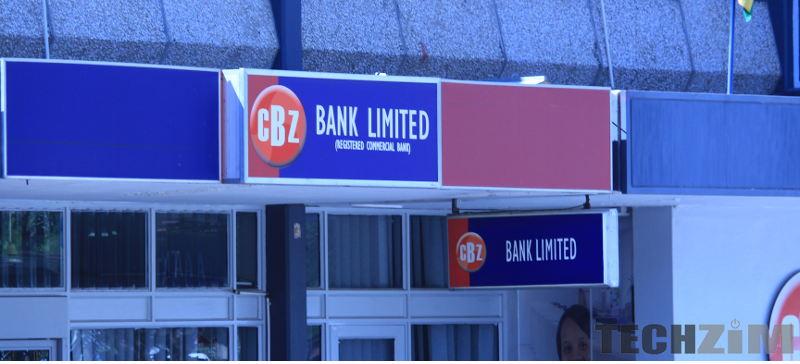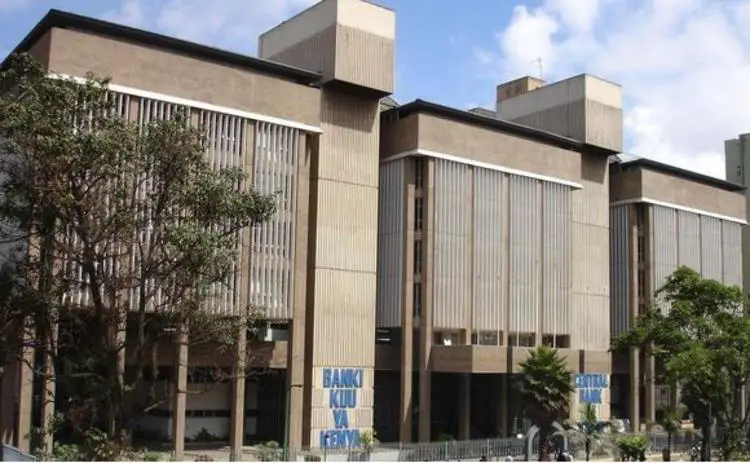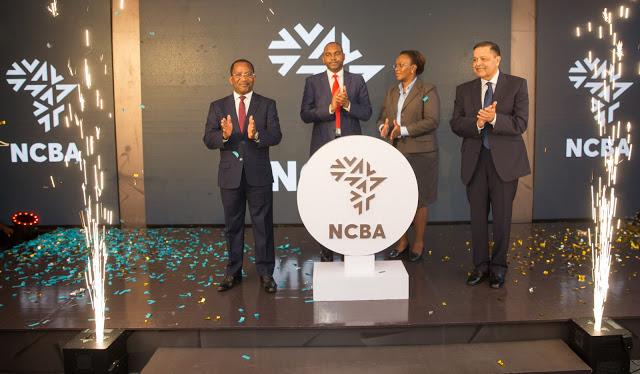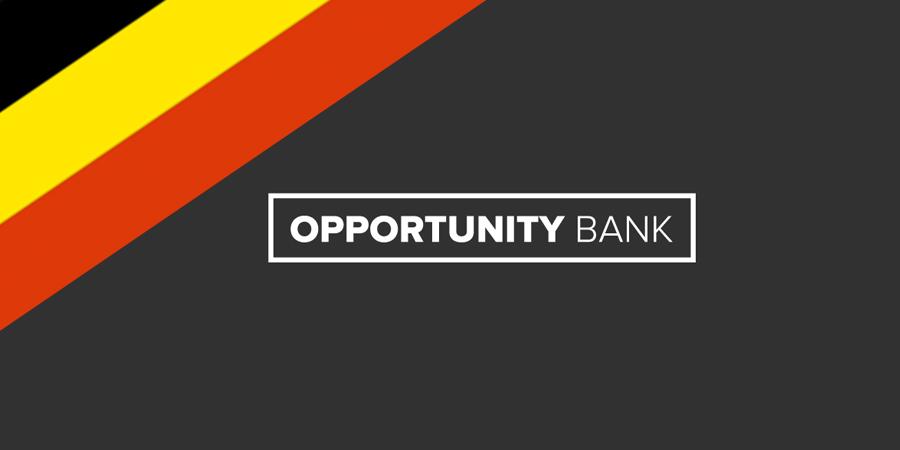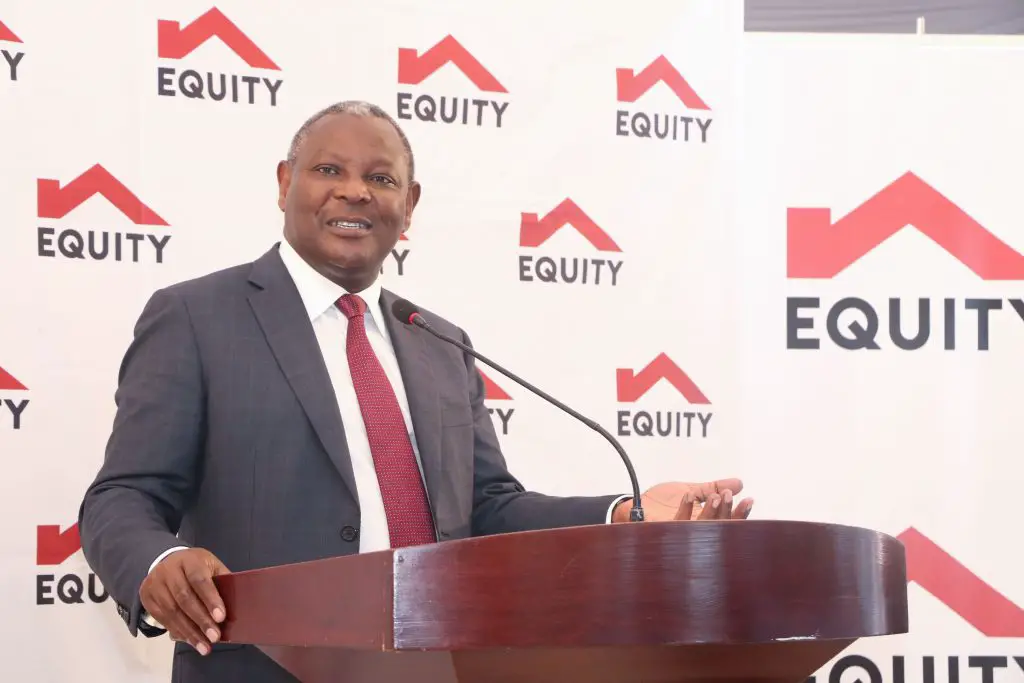- How transition finance can catalyse Africa’s green industrial revolution
- Stanbic PMI Report: Mixed performance as Kenya’s agriculture, construction offset manufacturing decline
- Uganda’s land management gets a tech makeover to boost transparency
- Nigeria’s output dips fastest in 19 months on a sharp rise in costs
- Apple faces growing backlash over Congo exploitation
- Why East Africa is staring at higher wheat prices in 2025
- Nairobi Gate SEZ pumps $7 million into Kenya’s agro-processing industry
- What impact will the US election have on Africa?
Browsing: Banking
Successful turnaround strategies are not new to Zimbabwe's largest universal banking concern.
CBZ has gone the distance from being characterized as a bank for crooks to the largest banking concern in the country. The majority of banks in the southern African country adopt the universal banking model instead of the niche or boutique bank model which was once ubiquitous globally.
The universal banking model's roots can be traced to the promulgation of the Glass Steagall Act on the 1930s which combined the activities of commercial banks and investments banks. Banking houses that adopt this universal banking model aim to be a one-stop financial services shop offering everything from consumer and corporate credit to insurance and investment products.
The trend in Zimbabwe has grown in popularity as a method of meeting regulatory compliance and attaining critical mass. Other banks in Zimbabwe following the universal banking model in Zimbabwe include FBC Holdings…
NMB is also listed on the Dar es Salaam Stock Exchange (DSE) and has been tracking rather promising records. According to DSE daily market highlights, NMB’s closing price stood at TShs. 2,340 and the previous closing price was TShs. 2,340.
The bank’s largest shareholders are strategic partners Arise B.V with a 34.9 per cent shareholding and the government of Tanzania with a 31.8 per cent shareholding.
According to NMB, alongside its financial achievement, “the Bank has also received several awards, highlighting the growth trajectory of the institution. In 2020, NMB’s achievements led to internationally acclaimed recognition as the Safest Bank in Tanzania by Global Finance magazine, and being named Best Bank in Tanzania for 8th consecutive time by Euromoney magazine,”…
Central Bank of Kenya (CBK) data shows fixed deposit accounts gained Sh64.8 billion in the quarter ending June, 2021.
While the decision to keep one’s finances away for a rainy day is laudable, the big question remains, what returns can an ardent saver expect from choosing a fixed deposit over an ordinary savings account?
“The best way to safeguard one’s investment from unprecedented and volatile market movement is by investing in a fixed deposit account. With the unprecedented Covid-19 Pandemic that swept the globe over the past eighteen months, fixed deposit accounts have grown in popularity in Kenya,” said Maisha Microfinance chief executive Ireneus Gichana.
Understanding how a fixed deposit account works
A fixed deposit account is like a savings account; however, the key differentiator is that fixed deposit accounts accrue higher interest based on the duration agreed upon between the individual and the bank.
This means that an individual …
Barely three months after opening its doors in, NCBA Bank Tanzania Limited has launched two new branches in Mwanza.
The move serves to take their banking and financial services closer to an area that is largely underserved.
Strategically situated on the shores of Lake Victoria, Mwanza City is home to 13 fish processing factories that process about 1,065 tonnes of fish per day, a great investment opportunity for a bank.
“We are all aware that the development of SMEs is the central component of economic growth, especially in the fishing, mining and agricultural sectors as they provide employment opportunities to the people and contributor to the country’s GDP. We hope that the bank’s presence in our region will impose itself as a credible partner that can effectively contribute to this economic and financial resilience in Mwanza,” commented Mwanza Regional Commissioner, John Mongela during the launch.
Newly appointed NCBA Managing Director …
TLG Capital (TLG) today announced it has purchased 49% of Opportunity Bank Uganda Ltd (OBUL), a tier 1 financial institution (commercial bank) with 23 branches and 22 ATM points across Uganda.
OBUL is licensed and regulated by the Central Bank of Uganda and offers tailor made products and services for individuals, micro-businesses, and small-and-medium sized enterprises (SMEs). The bank was originally a micro-finance institution founded in 1995. The transaction makes TLG the largest shareholder of OBUL. Remaining shareholders (all NGOs) include Opportunity International Group (43%), Faulu Uganda (7%), and Food for the Hungry (1%).
TLG’s investment was made via its Credit Opportunities Fund (COF) and marks a continued focus on building and supporting SMEs in three core sectors: Healthcare, Financial Institutions, and Consumer Goods. TLG has been an investor in Uganda for over a decade and other Ugandan investments include Cipla Quality Chemicals Ltd (pharmaceutical manufacturing), Vero Foods (water-bottling plant) …
Just before the onset of Covid-19, banks in many parts of Africa were pushing for adoption of online-based financial solutions but with little pressure. Then came Covid-19 and changed how people access their finances; this has created an urgency of sorts to promote financial inclusion.
Some governments are currently providing incentives to pay for goods or services digitally, through mobile money or e-wallets. For example, Uganda has cut mobile money transfer fees; Egypt, Liberia, and Myanmar have increased transaction size limits, while authorities in Bangladesh, Cameroon, the Democratic Republic of Congo, Ghana, Kenya, Mozambique, Pakistan, Rwanda, Senegal, and Zambia have taken both sets of measures (cutting mobile transfer fees and raising transaction size limits) in response to the pandemic.
When Kenya reported its first case of Covid-19, the Central Bank of Kenya called a consultative meeting with Bank CEOs and immediately passed ways of ensuring that the country adopts use
Uganda’s parliament has tabled a motion to cut the powers of the Central Bank’s Governor and in effect the powers of the Bank itself, a move that, shall we say, aims to clip the Crane’s wings.
For those who do not know, the animal symbol for Uganda is the Crane. Majestic and rare to Uganda, the grey crowned crane represents the symbol of wealth, hope and fidelity. The crane appears on the national flag as well as on the country’s official coat of arms. The crane adorns several of the country’s currency and coins minted by the Central Bank of Uganda.
A private Member’s Bill was tabled recently and the details therein, “...seek to amend the Constitution as a way of streamlining the management of the Central Bank,” according to local news.
Termed the Constitutional Amendment Bill, 2020, it was tabled before Parliament during a plenary sitting and was subsequently…
Kenya’s five top banks released stable Quarter 1, 2020 financial results with pessimism of their future earnings heavily affected by the Covid-19 pandemic that continues to cause havoc on the economy.
The banks that include KCB Group, Co-operative Bank, Diamond Trust Bank, Equity Group and NCBA recorded higher growth in deposits, loan book, interest income and non–funded income, but cautioned of reduced earnings in the future under the prevailing circumstances.
Deposits for the five grew by 17.7%faster than the 11% growth recorded in Q1’2019while average loan growth went up by 12.7% compared to 7.7% over the same period last year.
Analysts at Cytonn Investment attribute the growth in loans being accelerated following the repeal of the interest rate cap in November 2019, coupled with increased demand in funding as businesses demand working capital to operate in the current tough operating environment.Government securities recorded a growth of 25.9% year-on-year, which was…
With the growth of online banking and online currencies in Africa, the industry of financial technology has seen a growth of over 60% in the past years. Following up a surprising growth, the industry also managed to raise over $320m USD at the same time.
Investment in African Fintechs nearly quadrupled in 2018 to $357m USD, with startups in Kenya, Nigeria and South Africa accounting for the largest share, according to The Mobile Economy, Sub-Saharan Africa 2019 report from the GSM Association.
MTN announced in July that it had been granted a full Super Agent Licence in Nigeria for its Yello Digital Financial Services Limited subsidiary. This will enable the scale launch of MTN Nigeria’s Fintech strategy. Enabling it to convert its existing airtime agents, and recruit other small businesses, to distribute financial services. MTN’s group CEO Rob Shuter told Forbes correspondents earlier this year that “mobile will be at …





